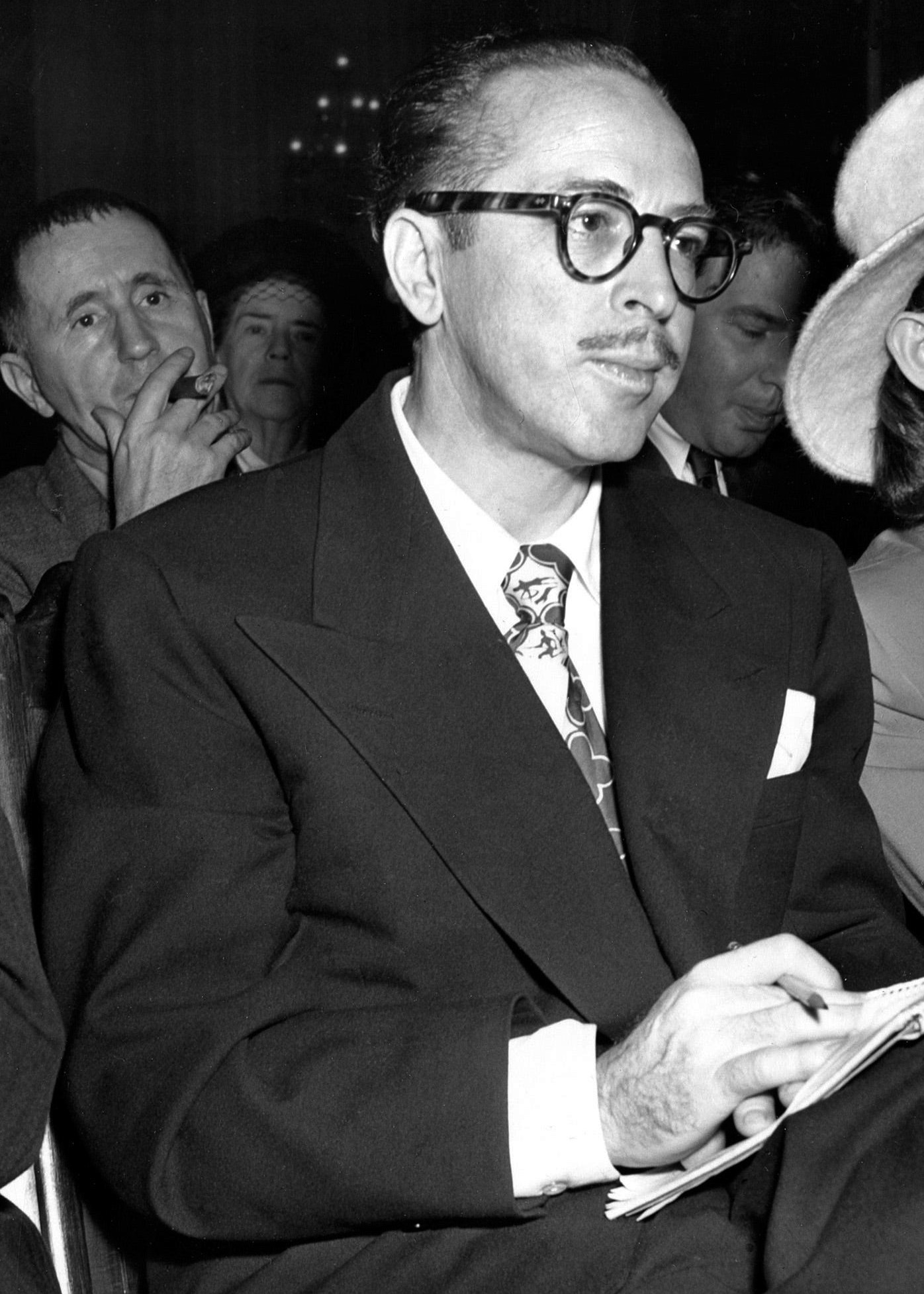Facts about Dalton Trumbo
Dalton Trumbo Biography
Dalton Trumbo was a novelist and screenwriter who was jailed in 1950 for contempt of Congress, having refused to answer questions about being a communist. Hassled but undaunted, he eventually won an Oscar under an assumed name.
Dalton Trumbo was a Los Angeles magazine writer in the 1930s who also worked as a reader for movie studios. He published his first novel in 1935, but it was his 1939 anti-war novel, Johnny Got His Gun, that made Trumbo a celebrity. Around the same time, he started writing for the movies, and within a few years was one of Hollywood’s highest earning writers, with credits including Kitty Foyle (1940, his first Oscar nomination) and Thirty Seconds Over Tokyo (1944).
Trumbo was the most famous of the “Hollywood Ten,” a group of filmmakers who appeared before the House Un-American Activities Committee in 1947; he refused to testify about his affiliations with communist organizations and spent ten months in prison. After that, Trumbo was blacklisted in Hollywood and unable to find work. He moved to Mexico, however, and kept writing screenplays under pseudonyms.
His screenplay for 1956’s The Brave One — written under the name of Robert Rich — won an Oscar. By 1960, Trumbo was out of the shadows, thanks in large part to Kirk Douglas and Otto Preminger, who used Trumbo’s real name in the credits for Spartacus and Exodus, respectively. He went on to write more big movies, including Lonely Are the Brave (1962), The Sandpiper (1965, starring Elizabeth Taylor and Richard Burton) and Papillon (1973, with Steve McQueen and Dustin Hoffman).
Dalton Trumbo made his directorial debut in 1971, with the film version of his novel Johnny Got His Gun. After surgery for lung cancer, Trumbo died of a heart attack in 1976.
Extra credit
In 1993 Dalton Trumbo’s widow, Cleo, accepted a special Oscar for the 1953 comedy Roman Holiday. While blacklisted, Trumbo wrote the original story and asked his friend, Ian McLellan Hunter, to front for him. Hunter went on to win an Oscar in 1954, but eventually the Academy changed their books to reflect Trumbo’s contribution.

